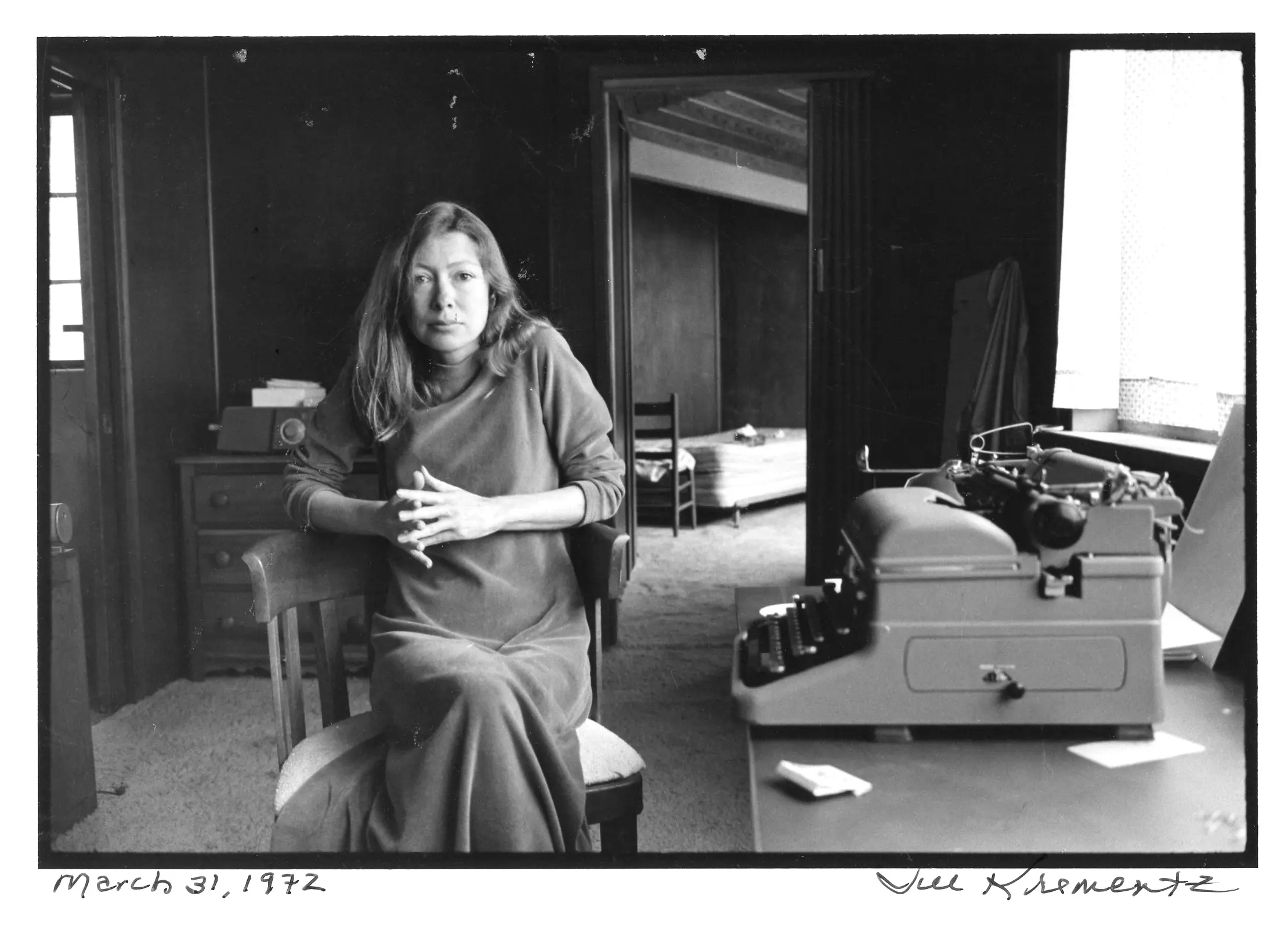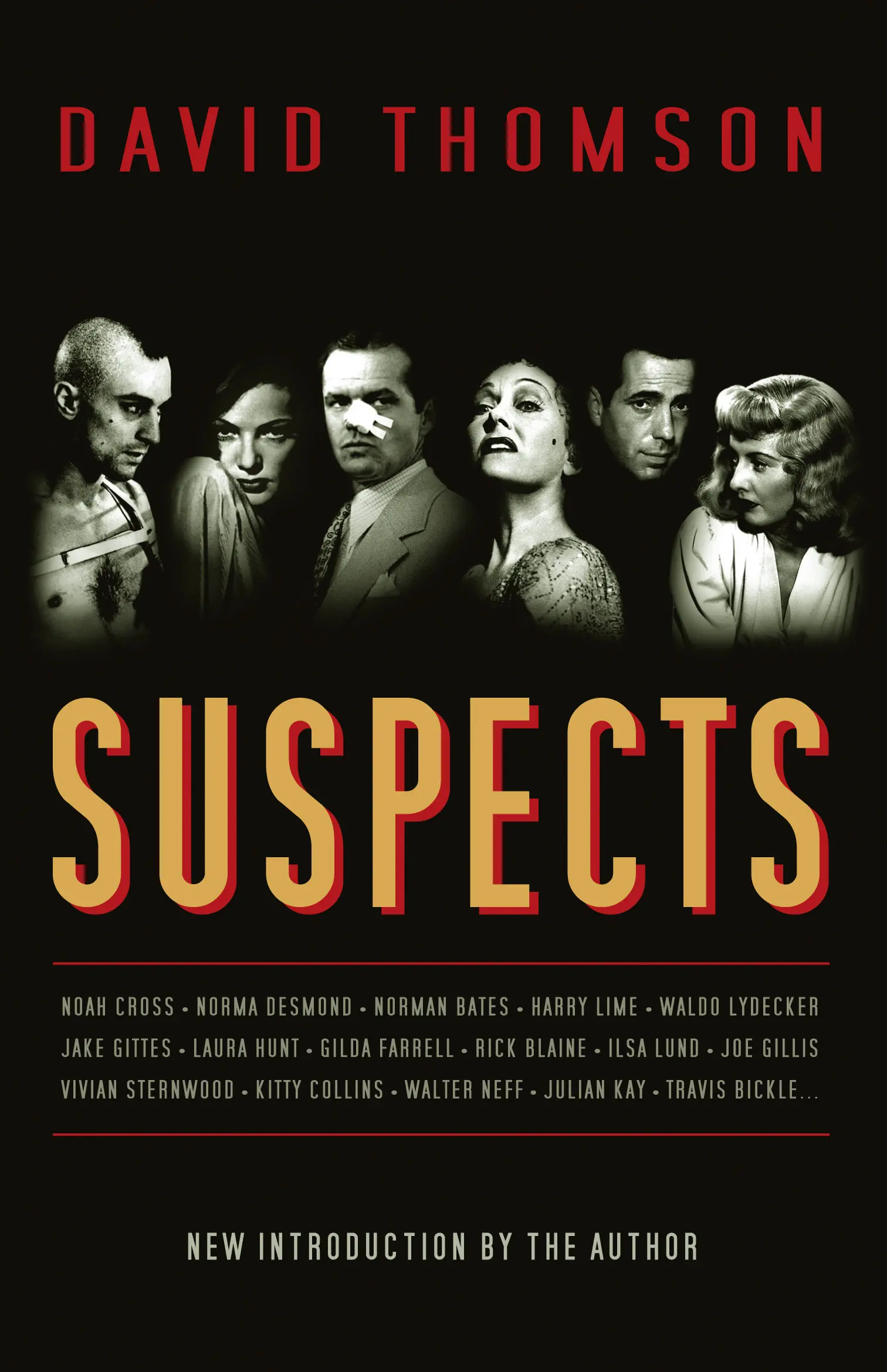Menu
Columns
Showing 3546 Columns
Showing 3546 Columns
August 20th, 2015

Growing up in Greece in the early 90s, horror fiction was in limited supply. It took ages for books to get translated (if they ever did) and it was always the best sellers: S. King, D. Koontz, Clive Barker and so on. I read faster than they were publishing. So I taught myself English the brute force way; by reading English horror paperbacks way above my reading level (Graham Joyce's The Tooth Fairy at age twelve did some things to my psyche).
Read Column →August 19th, 2015

Photo by Jill Krementz You might have read this article recently from the author Catherine Nicols who discovered that interest in her queries to agents increased eight fold when she pretended to be a man instead of a woman.
Read Column →August 19th, 2015

When someone insinuates that “the butler did it” in a crime fiction novel, it’s a way of pointing out the most obvious suspect. But why is that? Upon further analysis, the guilty butler trope appears to damn servants by their employment status alone. After all, they know everything about the victim’s daily routine, and they’re always suspiciously nearby.
Read Column →August 18th, 2015

It happens to the best of us: we spend painstaking hours typing away at a keyboard, finishing a first draft drenched in our blood, sweat, and tears; then, with trembling hands, we pass the story onto the first of our beta readers. All is going well—they gasp at all the right moments, laugh accordingly, cry when necessary—until they pause halfway down a page, look you dead in the eyes, and say those dreaded words: “This reminds me a lot of [INSERT RANDOM BESTSELLER HERE].”
Read Column →August 14th, 2015

What drives a story? It would be pleasant if a single right answer existed, but I fear the truth is complicated. A story can be driven forward by many things—by characters or ideas, by plot or language. While some of us may prefer a given central aspect (I myself prefer character-driven stories), there's no doubt that many options can be used.
Read Column →August 14th, 2015

“What’s Middle Grade?” My friend’s question makes me grimace. It’s all I can do not to shout at her across the café table. I bite my tongue and think of all the times I’ve been asked that question—even by those in the writing game. Middle Grade is so often overlooked or lumped into other categories, like Early Reader or Young Adult. “Ages eight through twelve,” I reply, but it’s not what I really want to say.
Read Column →August 13th, 2015

First of all, let’s get out of the way what fan fiction is not: it is not commissioned or embraced by the official owners of an intellectual property, whether that’s corporate entity or creator. This is a necessary definition because it is an evolving concept, what with the Internet providing a platform for the proliferation of material that in the past would have sat on someone’s desktop or, more than likely, stayed in the back of their brain.
Read Column →August 13th, 2015

images courtesy herstorygame.com We're in an era where the distinctions between games, films and prose fiction are blurred, creating environments that are both engaging and immersive for the player/viewer/reader—satiating, simultaneously, a critical need for quality entertainment, and more subconscious, vicarious and perhaps even voyeuristic desires.
Read Column →August 12th, 2015

I’ve always loved post-apocalyptic fiction, which is probably why my first novel ended up squarely in the genre. And while I grew up with tales of irradiated wastelands, post-apocalyptic stories these days tend to stick to more familiar topics like pandemics and zombies. My own novel, Falling Sky, uses disease as a catalyst. It makes sense — diseases, pandemics scare us. They are a present threat whereas nuclear war, well, it’s a lot further down the list. When Falling Sky came out, Ebola was all over the news.
Read Column →🎼
Tell us about your book, and we'll give you a writing playlist
Take our 1 minute quiz to find your ideal tunes.